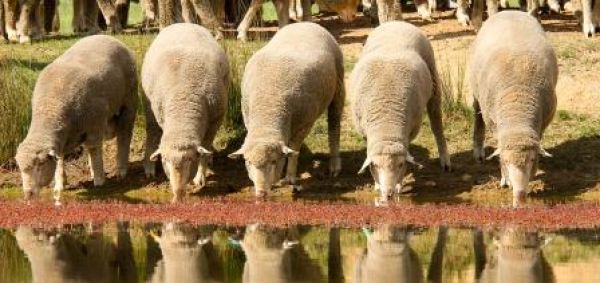|
The issue of live export divides many Australians. The anti-live export movement has been driven by animal activist groups with emotive, grotesque pictures which pull at the heart strings.
The latest campaign on billboards and buses by Animals Australia pictures a bull, being wrongly treated. The Australian Livestock Exporters Council (ALEC) has responded to this campaign with a media release highlighting all the great work that has been done since the industry was really put under the microscope by Four Corners in 2011.
ALEC points out that:
“Animals Australia’s call to ban the live trade as the only solution fails to take account of the real consequences a ban would impose - that is - obliterating a billion dollar plus industry and the livelihood of thousands of people.
“Their approach also fails to address the other real dilemma - that a ban of the trade would not improve animal welfare.
“Australian markets would go to exporters who don’t invest in welfare, don’t train staff in livestock humane handling, don’t consider the health and welfare needs of livestock on trucks and vessels, don’t work to any welfare standards and who don’t strive for continuous improvement.
“Our message to Australians who might see this latest Animals Australia campaign is that the live trade has made positive progress in the treatment of exported livestock, the industry’s focus and effort is on continuous improvement but a ban would turn back the clock on animal welfare and have serious negative consequences for Australia, Australians and global standards.”
Read the full release here.
|
